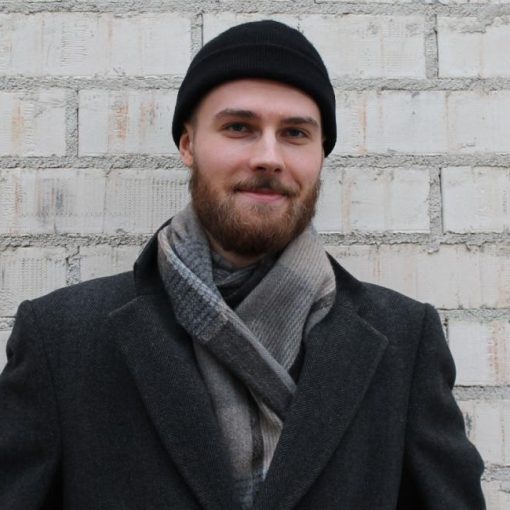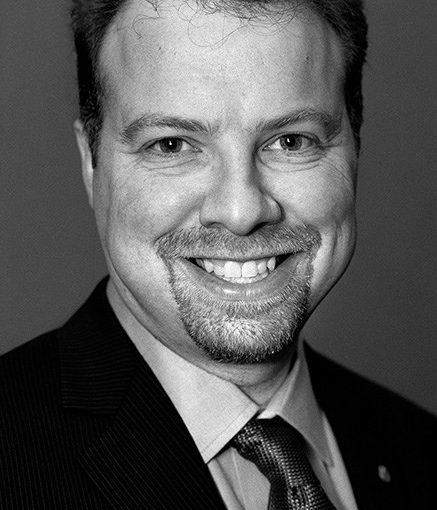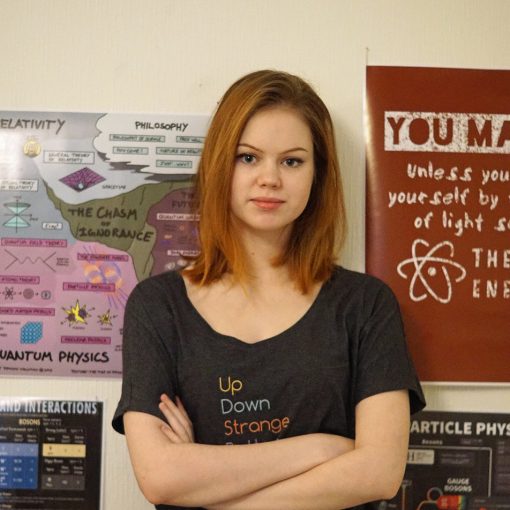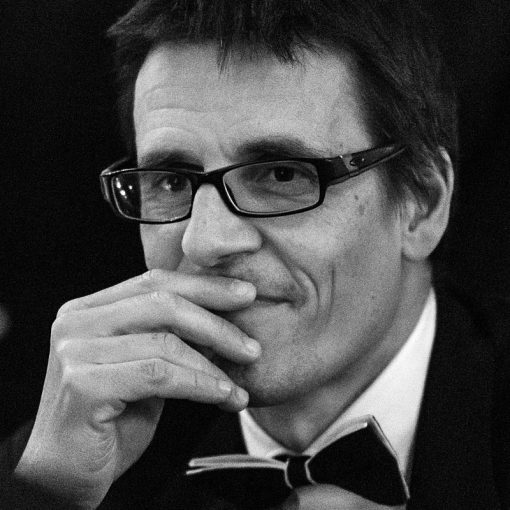Emilia Kilpua
The board of the Finnish Physical Society conducted recently a membership survey. The results were released and discussed at the FPS Annual Meeting, which was organized online March 26th, 2020. In total 123 answered the survey (115 in Finnish and 8 in English). This is approximately 17% of the total members in the society. Here we present and discuss the findings of the survey.
Who we are
The first questions in the survey looked at the age range, how long respondents had been members and the employers and career phases of the respondents.
The related statistics are shown in Figure 1. The majority (67%) of the respondents were over 45 years old and the majority (74%) had been FPS members for at least 15 years. If this reflects the average age distribution of active FPS members, it means that we urgently need younger members. About half of the respondents are employed by universities, 10% work in companies, and 8% in research institutes. In addition, all except one respondent was the current member of FPS.

Current state of the society
One question we asked was what members consider the most important reason for them to belong to FPS. The results are shown in Figure 2. The responses show that 53% consider the most important reason to be a part of the society of physicists. The second popular answer (26%) is to support FPS work. The answers to open-ended questions also reflect these results. Things, such as communicating importance of physics to policy makers, enhancing connections between physicists of different fields and networking, are mentioned. The results of the survey thus reflect well the core values of our society, i.e. to “work actively on to promote and support research and applications in physics and public knowledge and interest in physics, integrity of physicists in Finland, young scientists and advance research and related outreach”.

The following questions probed in more detail how important respondents consider our current activities and benefits. We asked respondents to rate different activities from 1 to 5, 1 being “not important at all” and 5 being “very important”. The numbers in Table 1 show the percentages of the respondents who answered 4 or 5 and 3,4 or 5. Arkhimedes magazine and Physics Days are clearly considered as our most important benefits/activities. Also, our members value highly the events organized by our society, such as Nobel lectures and Greatest Physicist in History lecture series. The relatively low percentages in Diversity in Physics, Local Section and Finnish Young Minds categories does not likely mean that these activities would not be considered valuable at all, but rather that they are not of the key importance for those who responded. In retrospect, this question could have been formulated in a bit different way. The open-ended answers showed clearly that our members consider supporting young physicists as an extremely important aspect of society’s work. FPS activities were also criticized to be too capital area centered and several respondents hoped for more local activities. Blog, Twitter and Facebook accounts were considered one of the least important activities. These have however not been very active lately and one of the feedbacks we received was to increase our presence in social media. The primary channels to distribute FPS related information are currently email announcements and webpage. Both were commended in open-ended answers.

In the survey we also asked for opinions about the FPS membership fees. The results are shown in Figure 3. Currently the membership fee is 65 EUR for a normal member, 60 EUR for a retired member and 20 EUR for a student (undergraduate). A large majority of respondents considered the fee reasonable. Many would however like to see more activities/benefits in return. The answers could be affected by the average age/career phase of the respondents. Open-ended answers showed that 65 EUR fee is certainly considered high for PhD students and post-doctoral researchers. Lower membership fee for retired members was also hoped for. High membership fees for early-career scientists likely also make it more challenging to get new members to the society.

Future of the society
We also inquired what kind of activities our members would like to see in the future. The numbers in Table 2 show the percentages of the respondents who answered 4 or 5 and 3,4 or 5, in a similar manner as in Table 1. A large majority of respondents hoped to see more general lectures and events supporting networking among physicists. The latter outcome agrees with belonging to a society of physicists being the key reason for being a member of FPS. Enhancing connections between physicists and companies was also considered as a highly important future activity. This aspect came up frequently also in open-ended answers including several suggestions to strengthen ties with industry and startups. In addition, we received several suggestions to enhance ties with schools and teachers. We also point out that the percentages of respondents, who had marked 3 or higher for hoping to have more regular information of physics related things in the FPS social media channels, and more diversity in physics and young physicist activities, were high. An interesting outcome was the popularity of our suggestion to have a Monthly NewsLetter that would summarize FPS news and physics related key news in Finland and elsewhere. These results show that the respondents find FPS’s role in informing its members about what is happening in physics in general highly important.
We did not specifically ask, but received opinions both to favor English and Finnish in our activities. We have increased the material provided in English in recent years, but consider promoting knowledge of physics in Finnish very important aspect of society’s work, in particular in outreach activities.

Open-ended answers gave several good suggestions for future activities, e.g., organizing webinars/events about current themes and visits to interesting physics related facilities in Finland. The criticality of getting more young members was also pointed out by many. A few open-ended answers also mentioned that FPS could take a more active role for speaking out publicly about physics related matters.
Best things about FPS
It was great to read many positive things about FPS in the open-ended answers. Our members clearly acknowledge that we have a unique society with a particularly long history. The members also valued our current activities and work to promote physics in Finland. Many thanked FPS for increasing the feeling of togetherness among physicists as well as having an important role in the efforts to bridge across the fields. Enforcing this integrity and striving to keep our society prospering is something we want to do in the future. Physics Days were thanked in particular for being an activity where physicists from different fields in Finland can meet and also interact with companies, school teachers and students. Arkhimedes and its interesting articles were thanked in many answers. It was also nice to read that our society is considered open and easy-going.
We thank all respondents for taking the time to answer our poll. We got valuable statistics, feedback and suggestions on how to go forward. The survey showed that overall the members are satisfied with the society. As was discussed in the Annual Meeting significant changes are coming, and we have used/will use the survey as one of the guidelines when planning the future activities. A separate post will come soon informing and reflecting these changes.





